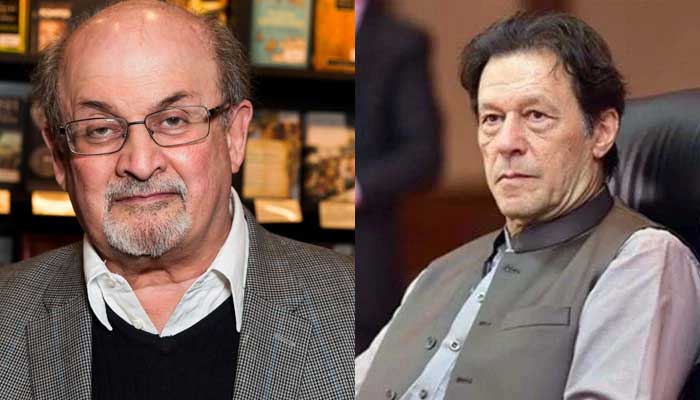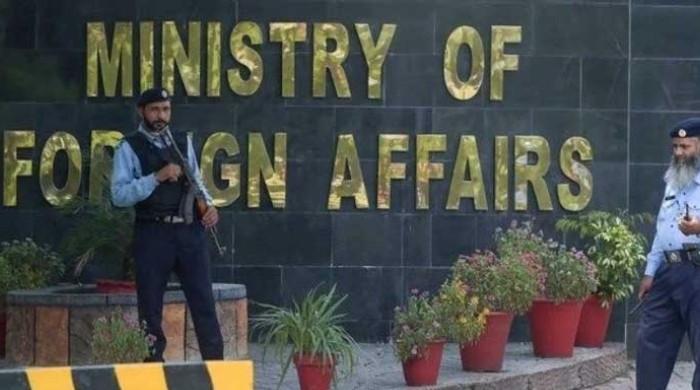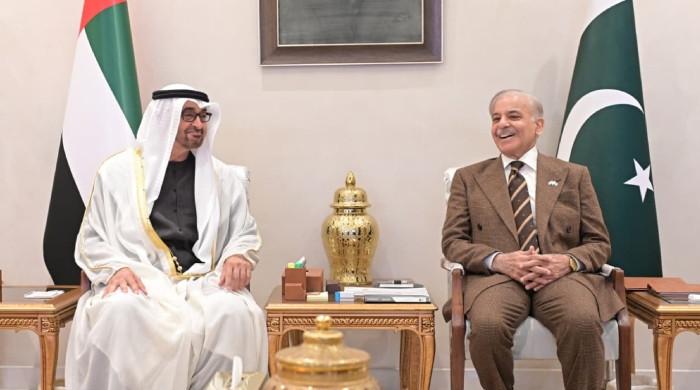Did not misquote Imran Khan’s remarks on Rushdie, clarifies The Guardian
Khan himself is not saying we misquoted him, only that we took his remarks out of context, but we provided the context, says Guardian's Julian Borger
August 21, 2022

- The Guardian rejects Imran Khan's claim that his remarks on controversial author Salman Rushdie were misquoted.
- "We stand absolutely by our reporting of the interview," says British daily newspaper's Julian Borger.
- Imran Khan had described the knife attack on Rushdie as “terrible” and “sad”, according to The Guardian.
ISLAMABAD: Standing by its report, British daily newspaper The Guardian has said that they did not misquote PTI Chairman Imran Khan’s remarks on controversial author Salman Rushdie.
On August 19, condemning the attack on blasphemous author Salman Rushdie, Imran Khan had described the knife attack on him as “terrible” and “sad”, according to the publication.
The Guardian quoted him as saying that the anger of Muslims towards Rushdie's book was understandable, but that cannot be taken as a justification for the assault.
The comments of the PTI leader invited criticism from across the country.
However, in a recent statement shared by PTI on Twitter, Khan said that he "spoke about the Islamic view on punishments for blasphemers".
"I explained the matter in this context," the former prime minister said, adding that he also gave examples of the Sialkot incident in the context of the attack on Rushdie.
Khan maintained that he was referring to the Sialkot incident where a Sri Lankan citizen Priyantha Kumara was lynched by a mob comprising hundreds of protesters on December 3.
Responding to a tweet, The Guardian's world affairs editor Julian Borger said, “Khan himself is not saying we misquoted him, only that we took his remarks out of context, but we provided the context, as you can see in the story.”
Moving on to his Twitter handle, the editor wrote, “We did not misquote Imran Khan. We stand absolutely by our reporting of the interview.”









